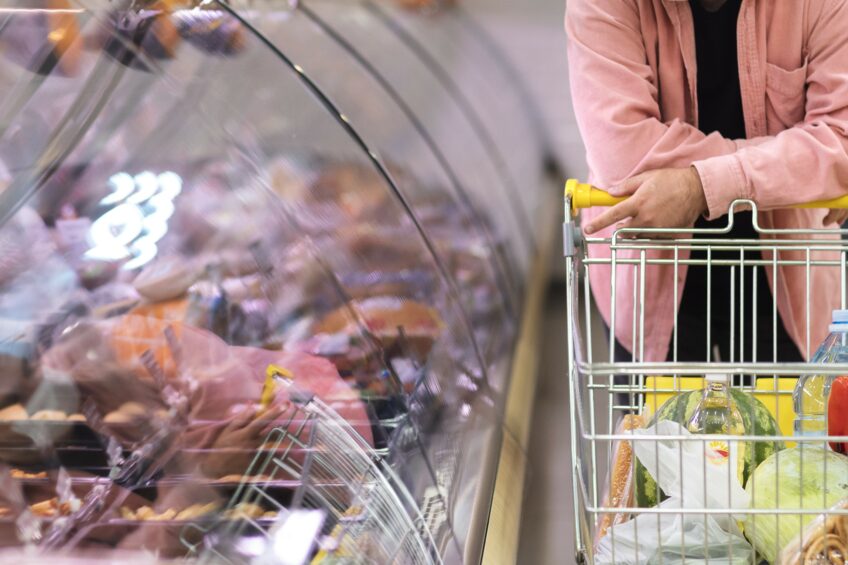Action needed to prevent empty poultry shelves

Rising costs of energy, feed, labour, fuel, water, transport, packaging and red tape, along with the ongoing avian influenza crisis, means the production of British poultry meat is shrinking, and access to food risks is becoming one of the greatest challenges facing the UK.
Collaboration between the government and industry should set a precedent where healthy and profitable domestic production is necessary for food security. Without a fair market price that prioritises the value of supply for producers and consumers, it is only a matter of time before British poultry sees empty shelves during the ongoing cost of living crisis.
That was the stark message from Richard Griffiths, British Poultry Council chief executive, who said it was the government’s responsibility to ensure the right mechanisms are in place to support business viability and to show leadership in its own buying practices so that safe, affordable and nutritious British poultry eat remains widely available and accessible.
A food system based on fair returns
Griffiths said the UK should promote British food and the quality it represents in areas like care homes, schools and hospitals with a view to investing in public procurement as a driver for a food system based on fair returns.
“Unfortunately, price trumps supply and instead of setting a good example for the broader marketplace, we have a bad example that is driving British food producers out of business,” he said.
Calling for a level playing field, Griffiths said he wanted to see:
- Consistent production standards that were competitive on the global stage.
- An equitable approach to import controls for UK-EU trade.
- UK sustainability targets that prioritised food production.
- Government buying food to the standards/specifications it sets.
- A fair price paid for food that allows producers to cover costs, invest and grow.
A hostile operating environment
Griffiths added that the operating environment was growing more hostile: “We need measures that prioritise supply, support producers, feed the nation and ensure the marketplace respects the true cost of food. Otherwise, it is only a matter of time before we see British poultry meat producers undercut by cheaper imports, shrinking domestic production and pricing consumers out of British food and the quality it represents at a time it matters most.”
Resilience and alternative proteins
The resilience theme has also been stressed by the National Farmers’ Union’s poultry board. Introducing the sector’s resilience plan, North Yorkshire broiler farmer and lead for net zero, Matt Donald, said producers needed to have alternatives to soya in feed.
“We need low carbon soya, and the authorisation of novel and alternative proteins and continuing to improve resource use efficiency and productivity could drop both costs and carbon out of your business. Feed usage and energy efficiency are 2 key areas to target.
“We can look to be self-sufficient or even net exporters of energy, but in order to do this, we need an easier planning process and improvements to the grid infrastructure, and this would help the uptake.”












